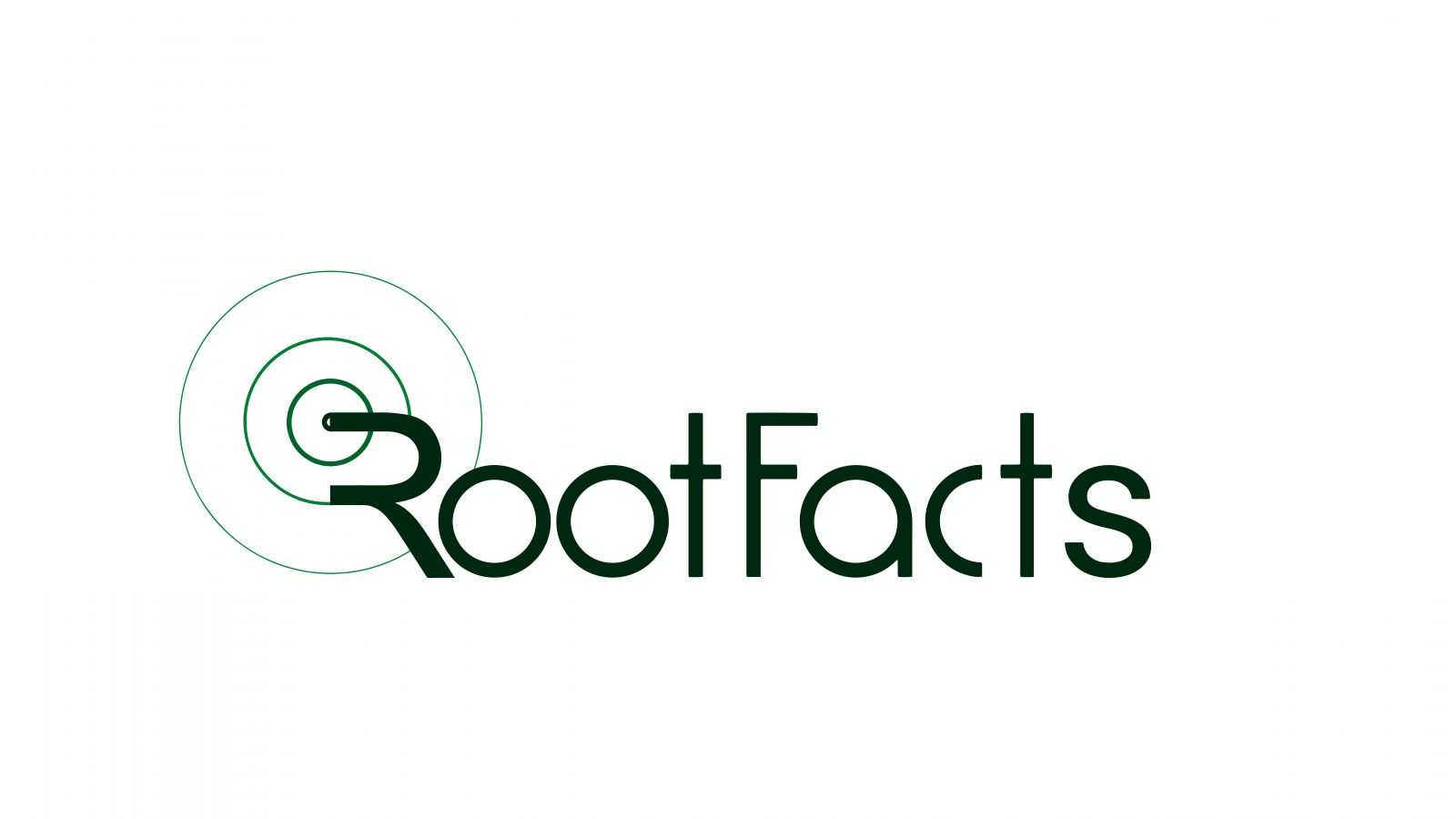
Technology to Save Millions of Lives
We are already aware of the worth and impact of doctors, sciences, medications, and pharmacists in our daily lives and the pandemic had made it much clearer especially concerning medications. The pharmaceutical industry is the heart and soul of medicine. Many medical gadgets and medicines are manufactured by the pharmaceutical industry. It is considered one of the most innovative and life-saving sectors which is an integral part of hospitals and patients.
IoT and Pharmaceutical Manufacturing
Pharmaceutical industries involve is large-scale manufacturing and production of medicines. It alludes to the manufacturing of pharmaceuticals on an industrial scale as in any other manufacturing industry. Pharmaceutical industries include unit activities together to make up the entire pharmaceutical production process which includes grinding, granulating, coating, crushing tablets, packing, and dispensing.
IoT is a trusted technology in the pharmaceutical industry that can transform entire operational procedures from planning to supply chain management also including warehousing, and packaging. IoT aids in improving product quality, lowering error rates, and boosting pharmaceutical output.
IoT supports the various tasks carried out by pharmaceutical companies at every stage, from the preliminary to the intermediate and then the final stage. To increase operational performance, it oversees the various unit operations, keeps an eye on real-time data, improves product efficiency, and increases visibility.
From assisting pharmaceutical staff members with the planning of their daily work schedules to providing them with knowledge of medications and active ingredients. The entire pharmaceutical industry has benefited from the Internet of Things.
Even today’s pharmacists use information technology (IT) and the internet of things in their work. The pharmaceutical industry has shifted to technology-based frameworks as a result of technological advancements in the R&D sector.
IoT in Pharmaceutical Manufacturing: Applications
The following are significant industries where IoT and IT have impacted pharmaceutical manufacturing and pharma plants:
Industrial mechanics
IoT aids in the advancement of industrial mechanics and machinery. The IoT monitoring sensors for the pharmaceutical industry aid in machine monitoring and provide all pertinent facility data onto a single dashboard.
It notifies the managers of any unusual situations and urgent maintenance needs through observation. They also manage important mechanical circumstances and connect the automatic shut-offs.
Resource Tracking
Material tracking is another benefit of IoT in the pharmaceutical industry. Because IoT links devices to networks and the internet, they can readily monitor the availability of materials in real time. Limiting waste production helps with improved inventory controls and lowers costs. The sensors assist in tracing the supply chain. Both production quality and speed are maintained. The shipping and receiving stations house the sensors and data collection equipment. Barcodes and RFID tags are used to gather data.
Data collaborates from several sources. To check if the data is consistent or not, it focuses on manufacturing and storage facilities.
These trackings inform the makers of the market’s needs and the necessity for replenishment. Lowering the need to stock extra supplies and the chance of supplies running out at crucial moments also aids in keeping supplies at the right levels.
Logistics
The pharmaceutical business transfers the finished items from the manufacturing site to the market after the products are manufactured. Additionally, sensors that monitor the supply chain and final goods are installed here. Computers connected to the internet assist in batch identification. If by chance any batch is recalled from the market, IoT assists in determining the product’s expiration date, and mobile devices make it simpler to locate the batch.
Make The Clinical Trials Better
Any new pharmaceuticals that are manufactured products must first go through various testing phases before being released on the market. IoT-connected devices are being used to manage clinical trials. IoT tools support real-time management of the effects of experimental medications.
The ability to access data in real-time makes it easier to identify risk factors and unfavorable reactions. Additionally, it aids in enhancing the test data’s quality. IoT devices collect network data and send it to the linked software. This procedure aids in determining the patient’s ailments and sending out alerts. As a result, the company’s R & D division will be made easier and the clinical trial procedure as a whole will be improved.
Regulatory compliance
All pharmaceutical procedures, regardless of scale, must be well-established and well-documented. IoT-connected devices deliver data to the servers continuously, this real-time data is examined to see if it complied with the quality requirements. Additionally, this lessens the quantity of manual paperwork and the possibility of committing errors.
Smart Devices
Smart clothing and specialized smartphone apps are further IoT applications in the pharmaceutical industry. These tools motivate and support patient adherence. In the past, a patient’s medical crisis was often discovered much later, sometimes even in the latter stages. However, IoT can identify the first indications of a major medical event through real-time data monitoring. Doctors and pharmaceutical company representatives can estimate the most important drug needed on the market by keeping an analytical record of these gadgets to comprehend the scenario of the majority of the population.
Implanted Gadgets and Smart Medicines
The tiniest pills, or “smart pills,” are essentially the most recent development in pharmacy science. Devices that are injected into the patient’s body are referred to as implants. They assist in identifying even the tiniest alterations to the patient’s body. This aids in reducing the likelihood of major dangers and threats.
IoT Solution in Pharma Manufacturing
Life science organizations are in a prime position to digitize business processes, interact intensely throughout their whole organization, and monitor all systems and processes at an unprecedented level as IoT becomes more widely adopted across various industries. The industry is currently in a “golden position” for IoT implementation. Rootfacts help you in unlocking the opportunities for your enterprise to thrive in the market by increasing productivity. Do visit us at Rootfacts to know about our services and choose the best which fits your need. Update your workspace with the most trending technical tools and create an impact in the market.

